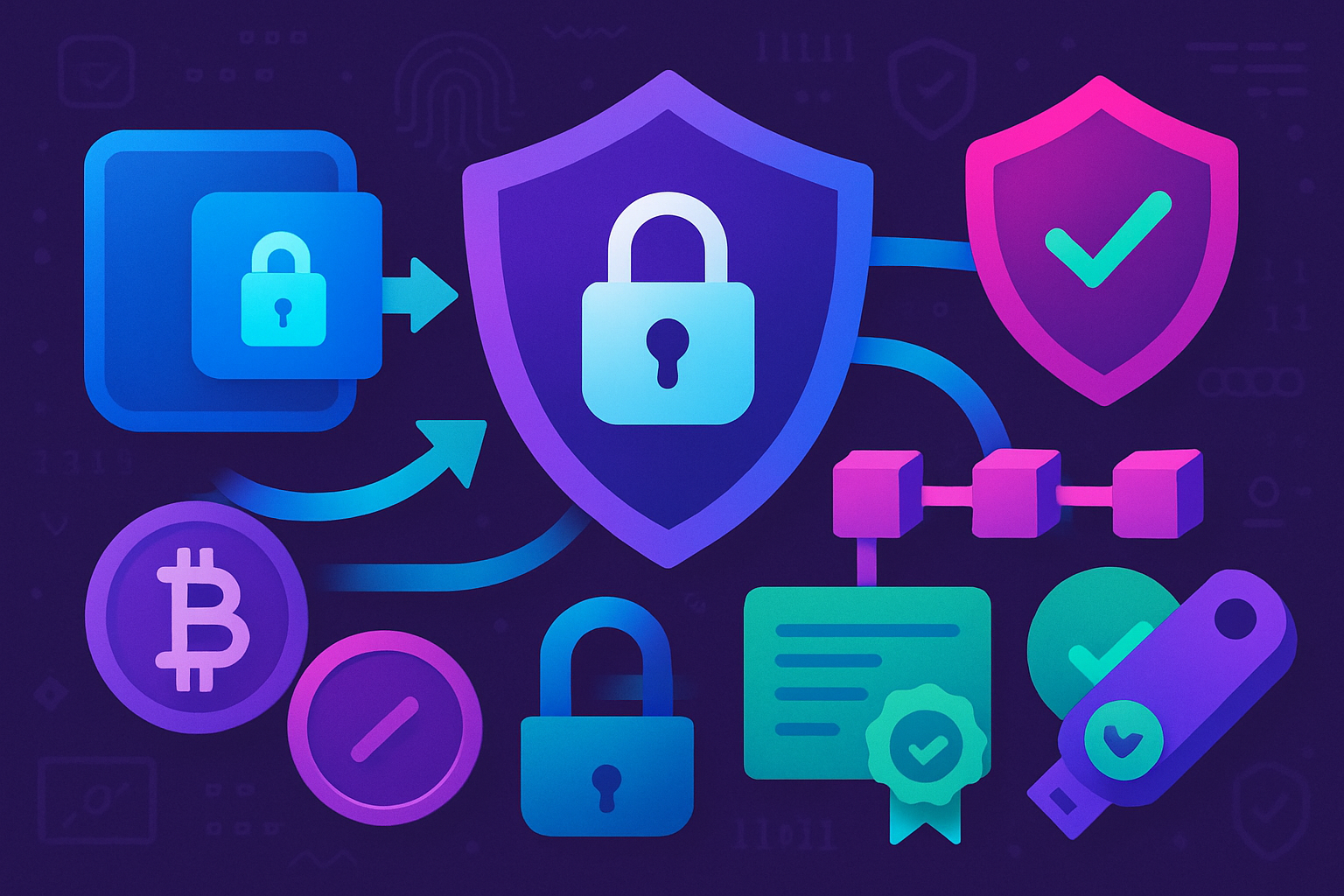
Managing identity in Web3 has always been a challenge, especially as users and organizations interact across multiple blockchains. The rise of onchain attestations for KYCed addresses is changing the game, offering a way to prove identity credentials securely, privately, and interoperably, without repeatedly submitting sensitive documents or trusting every new dApp with your personal information.

From Fragmented KYC to Chain-Agnostic Credentials
In the early days of decentralized finance (DeFi) and NFTs, getting verified meant repeating Know Your Customer (KYC) checks for every platform. This was inefficient, costly, and often risky for privacy. Now, with onchain KYC verification, users can complete KYC once through a trusted provider and receive a verifiable attestation that lives on the blockchain. This credential can be recognized by any dApp or protocol that supports the standard, no more endless uploads or manual reviews.
The secret sauce is interoperability. Protocols like Blockpass’s On-Chain KYC® 2.0 issue reusable digital identities as attestations on EVM-compatible chains (like Ethereum), Solana, and more. Users keep their personally identifiable information (PII) off-chain while still being able to prove their status anywhere these attestations are accepted. That means smoother onboarding for DeFi platforms, token sales, allowlists, and even gated communities.
How Cross-Chain Identity Works in Practice
Let’s walk through a real-world scenario: You complete a one-time KYC via Sumsub integrated with Solana’s Attestation Service (SAS). The result? An onchain credential linked to your wallet address. Now you want to join an NFT mint on Ethereum or access a lending pool on another chain, the attestation can be read by these apps if they support the same standard or bridge protocol.
This model is being adopted by projects like idOS Network (using W3C Verifiable Credentials encrypted off-chain), EthSign’s Sign Protocol (attestations across EVM chains plus Bitcoin and TON), and zCloak Network’s Legit ID (where data stays on your device but is universally verifiable). In all cases, you’re in control: you decide which platforms get to see your credential, and only what they need to know.
“Once an address is attested as KYC-verified on one chain, that credential can be recognized across others, enabling truly cross-chain identity. ”
The Privacy-Compliant Future of Web3 Identity
The magic of these systems isn’t just convenience, it’s privacy preservation. With solutions like IOTA’s tokenized KYC or zkMe’s zero-knowledge proof integrations with Okto wallet, dApps never see your actual documents or PII. They simply check that an approved verifier has issued a valid attestation tied to your wallet. This approach dramatically reduces the risk of data breaches while still satisfying compliance requirements, a win-win for both users and platforms.
User control sits at the heart of this transformation. Instead of blindly trusting each new protocol with sensitive info, individuals manage access themselves, granting or revoking permission as needed. For businesses running allowlists or token launches, integrating onchain attestations for KYCed addresses means faster onboarding and peace of mind around regulatory compliance.
As more protocols adopt these standards, the benefits multiply. Imagine a world where your verified status on one chain automatically unlocks opportunities across others, from DeFi lending and yield farming to exclusive NFT drops and community DAOs. No more jumping through hoops or worrying about which chain holds your credentials; your identity becomes as portable as your wallet.
Top Benefits of Cross-Chain Onchain KYC Attestations
-

Seamless Interoperability Across Blockchains: Once KYC is completed and attested on one chain, users can access dApps and services on multiple networks—like Ethereum, Solana, and IOTA—without repeating the verification process.
-

Enhanced Privacy & Data Protection: Solutions like Blockpass and IOTA keep personal data off-chain, storing only attestations on-chain. This minimizes the risk of data breaches and ensures user privacy is preserved.
-
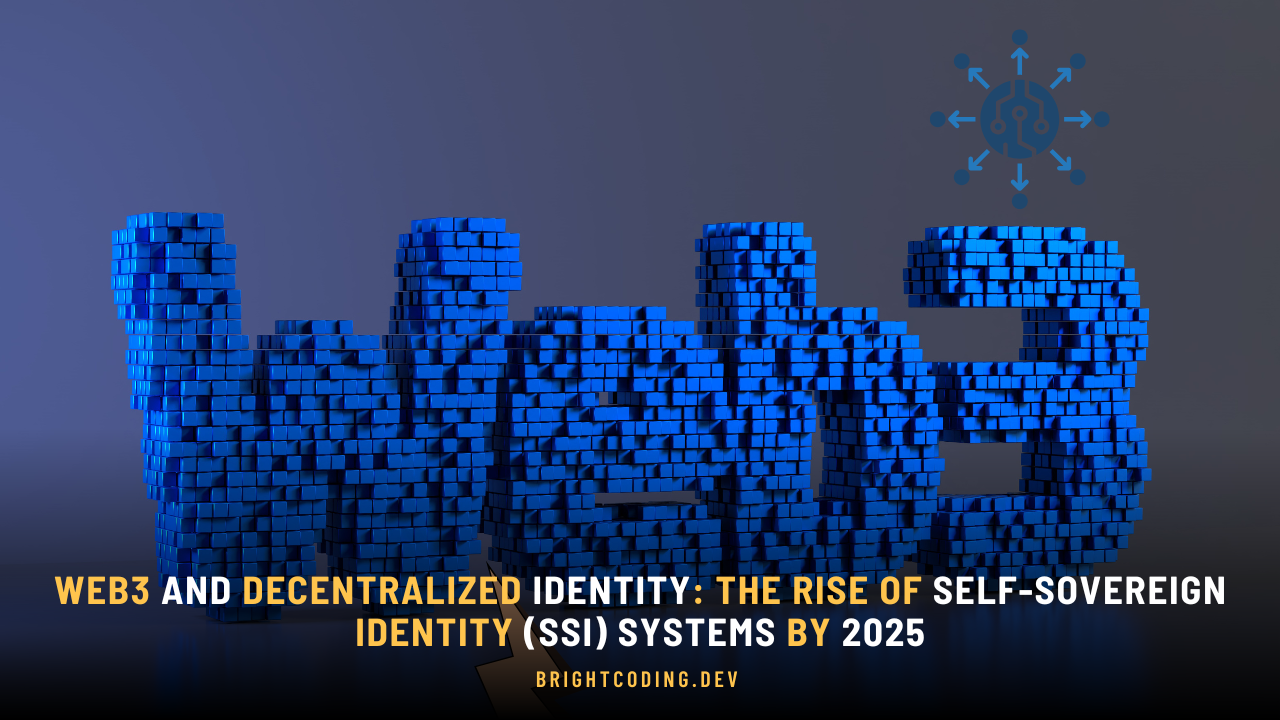
User Control & Self-Sovereign Identity: Platforms such as idOS Network and zCloak Legit ID empower users to manage their own credentials, granting or revoking access to their identity data as needed.
-
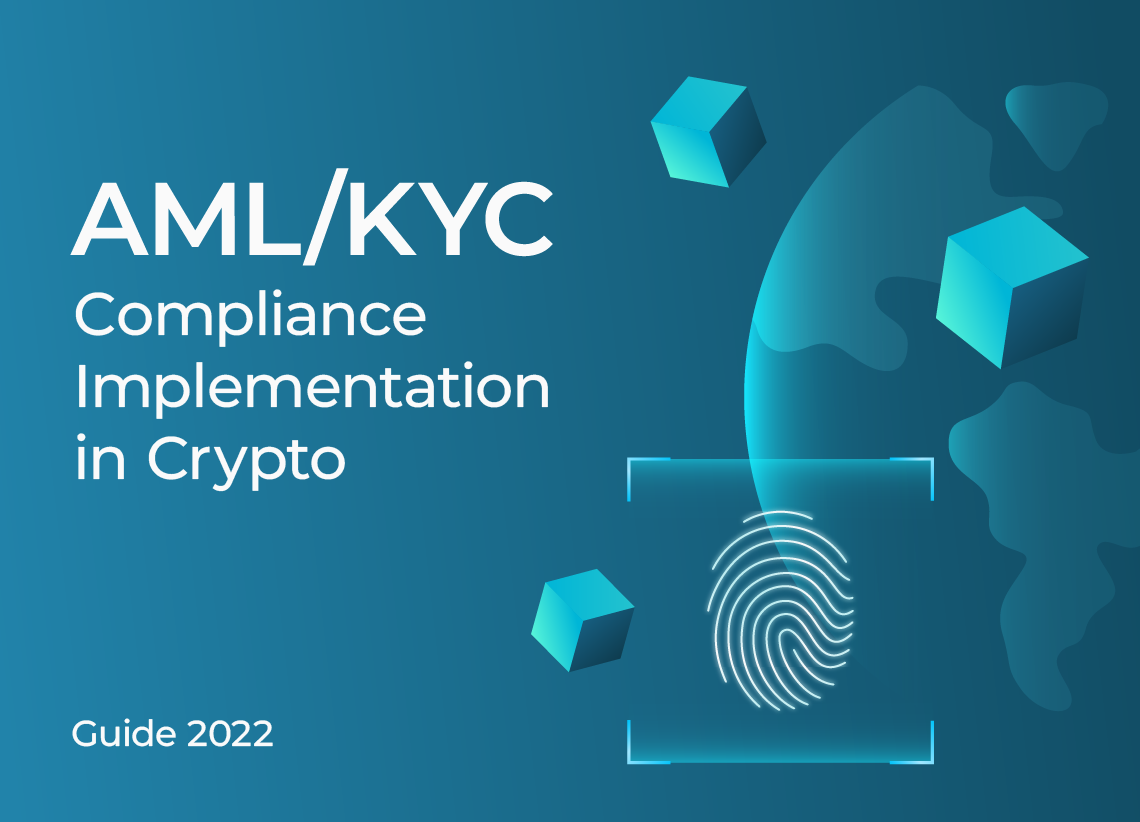
Regulatory Compliance Made Easy: Onchain attestations provide verifiable proof of KYC for projects and businesses, helping them meet compliance requirements without directly handling sensitive user information.
-

Frictionless User Experience: Integrations like Sumsub with Solana Attestation Service and Altme Wallet allow users to reuse their verified credentials, eliminating repetitive KYC checks and streamlining onboarding.
-
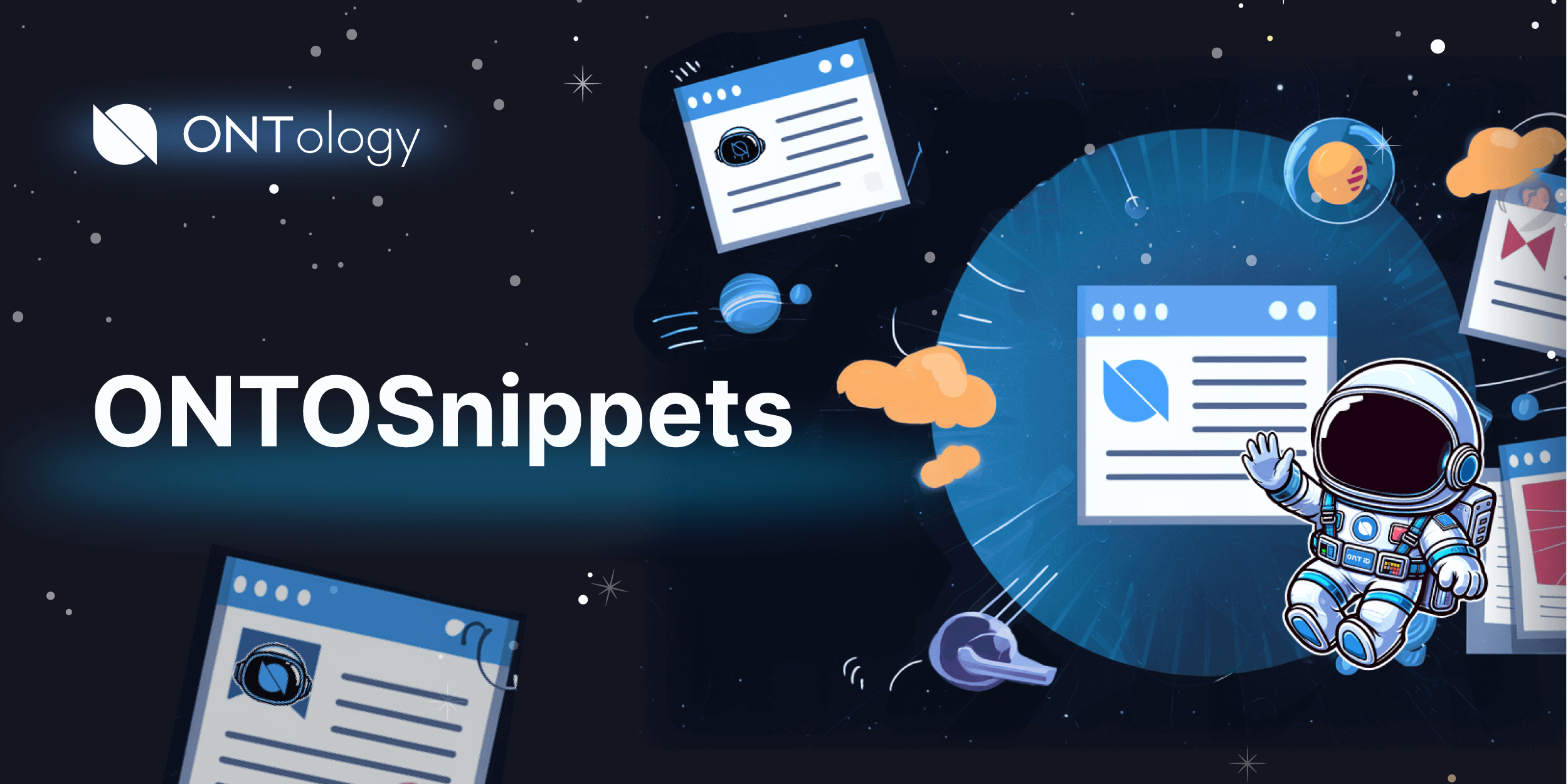
Cross-Platform Trust & Reputation: Attestation protocols such as EthSign and AttestProtocol enable users to build a trusted, portable digital identity that can be recognized by various dApps and platforms.
-
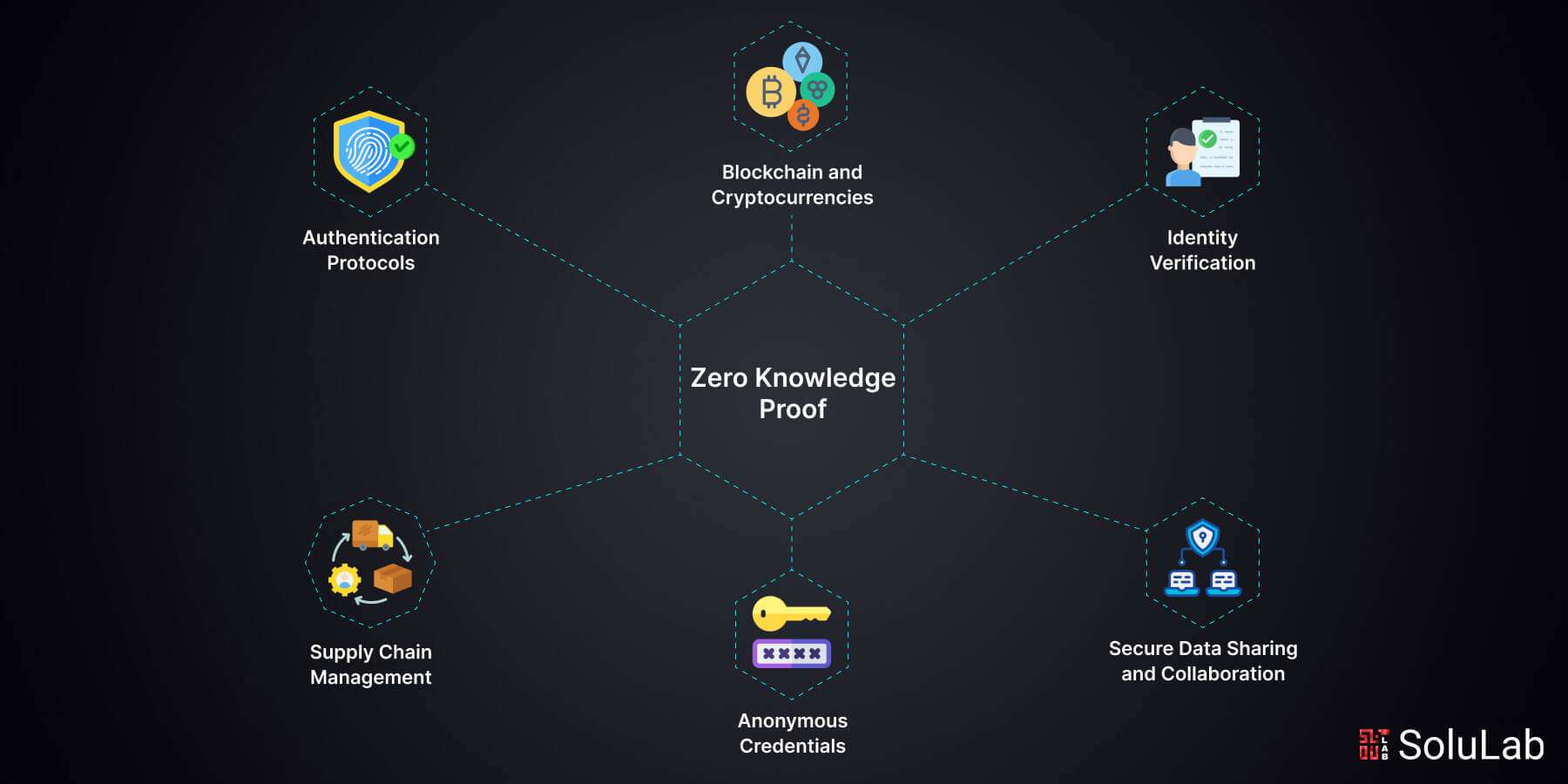
Support for Privacy-Preserving Technologies: zkMe and similar projects use zero-knowledge proofs, allowing users to prove their KYC status without revealing personal details, further enhancing privacy.
Projects like Altme Wallet are already showcasing how this works in practice. Users complete a one-time KYC check, then receive credentials that can be minted as non-transferable NFTs or used directly with dApps across the Web3 ecosystem. The result is a seamless, privacy-first experience that also satisfies compliance for platforms handling regulated assets or activities.
Developers are finding it easier than ever to integrate these systems thanks to open, schema-based infrastructures like AttestProtocol. No custom smart contracts required, just plug in and start accepting verifiable credentials from trusted providers. This not only accelerates time-to-market but also raises the security bar for everyone involved.
What’s Next for Cross-Chain Identity?
The next wave of innovation will likely focus on even deeper interoperability and privacy enhancements. Zero-knowledge proofs (ZKPs) are already being used by networks like zCloak and zkMe to let users prove eligibility (such as age or residency) without revealing any underlying data. As these cryptographic techniques mature, expect more granular control over what you share, and with whom.
Regulatory clarity is also improving. Onchain attestations offer a clear audit trail for compliance teams while keeping sensitive data off-chain, reducing liability risks. This is especially important as global regulators turn their attention to DeFi and digital asset markets.
“Onchain KYC verification isn’t just about ticking boxes, it’s about building trust without sacrificing user sovereignty. ”
For organizations managing allowlists, token sales, or membership communities, embracing onchain attestations means onboarding users from anywhere in the Web3 universe, no matter which chain they call home. For end-users, it’s the freedom to participate widely while keeping control over personal information.
The bottom line? Onchain attestations for KYCed addresses are laying the foundation for a truly decentralized identity layer, one that is interoperable, privacy-preserving, and compliant by design. As adoption grows, expect frictionless access across chains to become not just possible but standard practice in Web3.






